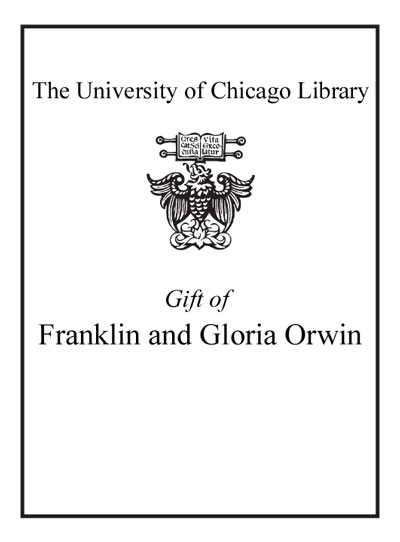Review by Booklist Review
Tempted by a book of one-minute bedtime stories to read to his son and thereby save time while fulfilling, albeit barely, the paternal role, Honore had a moment of truth. Speed, he realized, was a cultural addiction that, far from enhancing his life, was eroding his pleasure in it. He set about finding those swimming--slowly, of course, but strongly--against the tide. Prime among them is Slow Food, started in Italy to support that nation's time-honored approach to making cheeses, wines, and other regional foods. Now promoting the joys of the table and connection to regional agriculture internationally, Slow Food is one of a growing number of organizations urging us to slow down to enjoy life more. Whether advocating gentle alternative medical therapies (e.g., massage), tantric sex, musical compositions that take ages to perform, or the deceleration of childhood, these organizations share the beliefs that faster isn't better, and more is rarely enough. Honore's engaging report on the tortoises among the hares should be embraced by those with quality-of-life and environmental concerns. --Patricia Monaghan Copyright 2004 Booklist
From Booklist, Copyright (c) American Library Association. Used with permission.
Review by Publisher's Weekly Review
A former "speedaholic," an award-winning Canadian journalist advocates living a slower, more measured existence, in virtually every area, a philosophy he defines as "balance." Honor?'s personal wake-up call came when he began reading one-minute bedtime stories to his two-year-old son in order to save time. The absurdity of this practice dramatized how he, like most of the world, was caught up in a speed culture that probably began with the Industrial Revolution, was spurred by urbanization and increased dramatically with 20th-century advances in technology. The author explores, in convincing and skillful prose, a quiet revolution known as "the slow movement," which is attempting to integrate the advances of the information age into a lifestyle that is marked by an "inner slowness" that gives more depth to relationships with others and with oneself. Although there is no official movement, Honor? credits Carol Petrini, an Italian culinary writer and founder of the slow food movement in Italy, with spearheading the trend to using fresh local foods, grown with sustainable farming techniques that are consumed in a leisurely manner with good company. The author also explores other slow movements, such as the practice of Tantric sex (mindful sexual union as a road to enlightenment), complementary and alternative medicine, new urbanism and the importance of leisure activities like knitting, painting and music. For the overprogrammed and stressed, slow and steady may win the race. (Apr.) (c) Copyright PWxyz, LLC. All rights reserved
(c) Copyright PWxyz, LLC. All rights reserved
Review by Library Journal Review
Life is getting faster, no doubt about it. We rush everything: we eat fast food, have quickie sex, drive like maniacs, and compete hard for fast-paced jobs. We wish to slow down and slack off, but we're afraid we'll fail. The big secret is that slower people succeed, and slow often works better than fast. A London-based journalist, Honor? shows us the benefits of slowness, with chapters on food, transportation, meditation and exercise, medicine, sex, work, and parenting. In all these areas, people are making organized efforts toward slower, stress-free methods, and he provides some concrete examples (Italy's Slow Food and Slow City movements, a Tantric sex workshop in London, Japan's new approach to schooling). The author is mainly interested in the new, so he slights older traditional methods for enjoying the advantages of slowness, such as religious or secular retreats, extended vacations, or spending time in places where the pace is slower (e.g., a national park, a library). Moreover, the whole world isn't as speed-obsessed as he indicates. Nevertheless, this book presents ideas and resources that will be new to most readers and is recommended for both public and academic libraries.-James F. DeRoche, Alexandria, VA (c) Copyright 2010. Library Journals LLC, a wholly owned subsidiary of Media Source, Inc. No redistribution permitted.
(c) Copyright Library Journals LLC, a wholly owned subsidiary of Media Source, Inc. No redistribution permitted.
Review by Booklist Review
Review by Publisher's Weekly Review
Review by Library Journal Review

